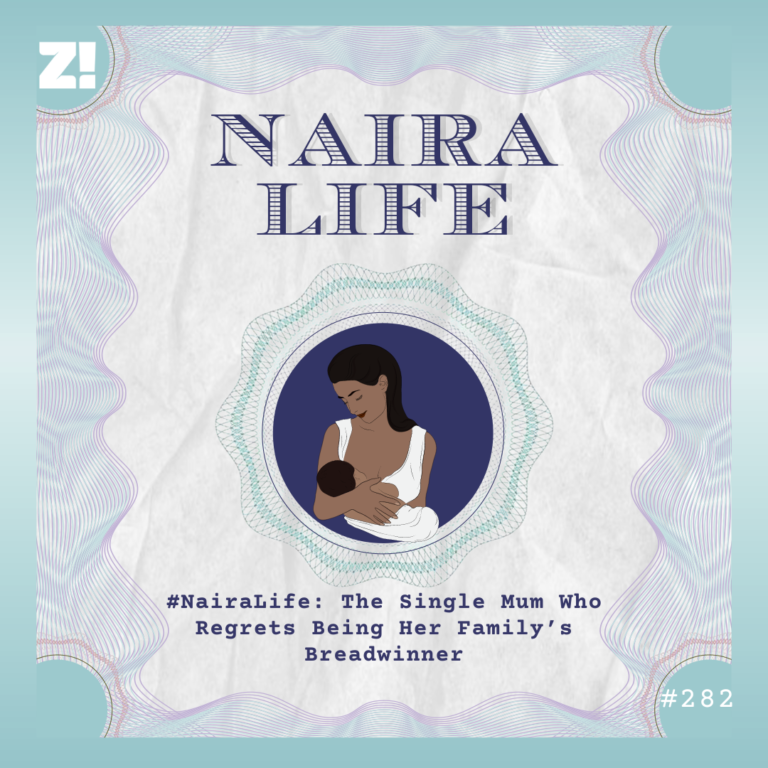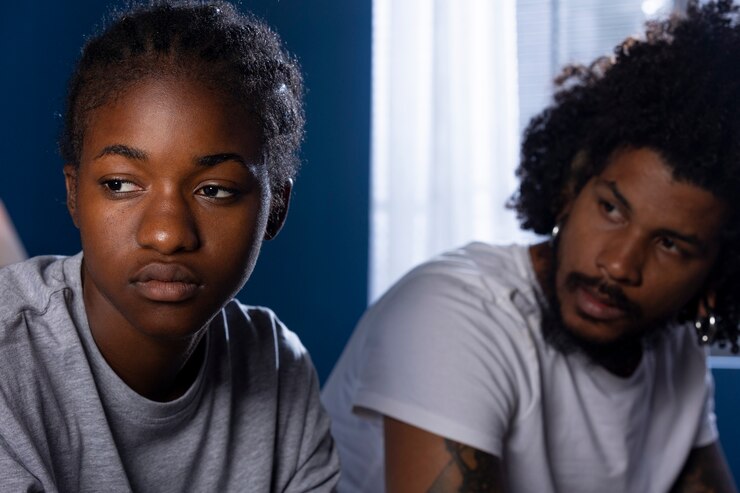Talk True is a Zikoko limited series for medical myth-busting. With each episode, we’ll talk to medical professionals about commonly misunderstood health issues to get the actual facts.
When it comes to pregnancy in Nigeria, there are multiple myths that just don’t make sense. What do you mean if you walk over a pregnant woman, her child will look like you? Is it spiritual DNA or what?
But when this conversation trended on X a few days ago, about how the local drink called “zobo” causes miscarriages, we just had to ask: Is this a myth, or is this claim backed by science? We’ve got answers.
First off, what’s zobo?
Zobo is a popular Nigerian drink made from dried roselle leaves (Hibiscus sabdariffa). It is also referred to as Sobolo (Ghana) and Bissap Juice (Senegal) and is usually infused with pineapple, ginger and cloves. It’s well-known for some medicinal qualities — antioxidant, anti-hypertensive and anti-obesity.
Does it really cause miscarriages?
According to Dr Ojo, a gynaecologist in Lagos who’s been practising for over a decade, it is a possibility.
“The research is sparse, but a number of studies on rats show that hibiscus sabdariffa — the zobo leaves — might stimulate uterine contraction and contribute to maternal malnutrition. You might think, “But we aren’t rats”. However, it’s an indicator that it may be unsafe for pregnant women.
Ironically, it can also be bad for you if you’re trying to avoid pregnancy as it contains phytoestrogen, which can disrupt the effectiveness of oestrogen-based birth control pills.”
Other medical sources also note that zobo can stimulate a menstrual cycle, which isn’t what you want while pregnant.
What about the women who didn’t miscarry after taking zobo?
Dr Ojo confirms that this happens too.
“Like I said, it is a possibility. What might cause a specific reaction in Person A might not do anything in Person B.
There are minimal studies on human subjects to confirm or deny that zobo causes miscarriages, but I’ve personally seen at least one related case. I usually suggest that it’s a risk you’re better off not taking. You have the rest of your life to drink it; nine months won’t do anything.”
Could pineapples be the problem?
Pineapple, an important ingredient in most zobo drinks, contains an enzyme called bromelain, which is believed to cause uterine contractions — the “cramps” during menstrual periods and labour.
However, a 2015 study found that pineapple juice only caused significant uterine contractions when applied directly to the isolated uterus (womb) of pregnant rats. No contractions were recorded when live pregnant rats ingested pineapple juice. Also, the amount of bromelain found in pineapples doesn’t supply a large enough dose to trigger a uterine reaction.
So, unless you find a way to bring out your womb and pour pineapple juice on it, or your doctor prescribes avoiding it, it’s safe to take pineapples while pregnant.
The takeaway
Zobo may not be the culprit in most miscarriages, but research shows it’s a possibility. The drink may also interfere with oestrogen-based birth control pills to actually lead to pregnancy.
But while zobo has numerous other health benefits, pregnant women should avoid it unless their medical providers give the go-ahead. Remember what they say about prevention being better than cure? Exactly.
NEXT READ: Talk True: Does Facial Hair in Women Mean Hormonal Imbalance?




